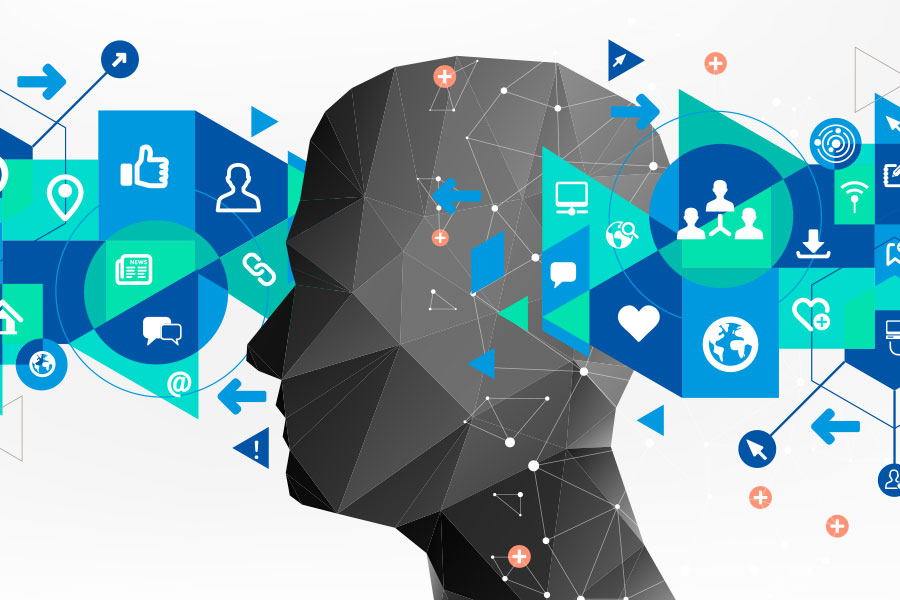
Innovation in Action: Highlights from the GenAI Workshop
On June 13, 2024, Computing Services hosted the GenAI Practical Workshop, an opportunity to learn about the state of AI services at CMU, showcase cutting-edge applications of generative AI on campus, and demonstrate practical ways to boost productivity across various disciplines. The event drew an impressive turnout of 100 attendees.
Announcing New Resources
The event kicked off with remarks from Dr. Stan Waddell, VP for Information Technology and CIO, who highlighted the various initiatives Computing Services is implementing to make AI services widely accessible across campus.
As part of his remarks, Dr. Waddell announced the following exciting new AI resources.
- Zoom AI Companion – members of the CMU community can now use Zoom’s AI Companion, a tool that allows you to generate meeting summaries, catch up if you miss part of the meeting, and organize your recordings.
- AI Daily – a new platform designed to advance AI literacy and empower the campus community with knowledge, tools, and resources to harness the power of generative AI in everyday life.
- Generative AI Community of Practice Google Spaces – a casual, conversational opportunity to share things that are of general interest to the CMU community surrounding generative AI, including announcements, learning resources, news, events at CMU, etc.
Showcasing Practical AI on Campus
The GenAI showcase featured talks from the Software Engineering Institute (SEI), University Libraries, Computing Services, Dietrich College of Humanities and Social Sciences, and the University Contracts Office, highlighting the innovative ways they use AI to get work done.
- Synthetic Audio for Asynchronous Education
Tyler Brooks and Dominic Ross from the SEI shared an approach to asynchronous education using synthetic audio for consistent voice-overs in educational videos, eliminating logistical hurdles like arranging recording sessions and extensive editing. - An AI-Aided RIMS-Based Faculty Committee Service Data Tool
Jason Glenn and Dominick Jebbia from the University Libraries demonstrated how generative AI can help extract committee service data from faculty CVs to populate their research profiles and enhance equitable distribution of service work. - GenAI in Media: AI Tools for Content Creators
Brian Parker of Computing Services’ Media Services team demonstrated how he uses AI to enhance and restore video clarity, create 3D video from a 2D source, repair audio from a poorly recorded recording, and apply photo/image resolution to amazing levels. - Animating Reality: AI-Powered Animation for Engaging Education
Dominic Ross and Rotem Guttman shared how an SEI team used AI to transform live-action footage into anime, creating a cost-effective alternative to traditional production and demonstrating the potential of AI to revolutionize educational content. - Introducing the Dietrich Analysis Research Environment (D.A.R.E.)
Vincent Sha, Dietrich Computing and Operations, discussed a new adaptable AI system that will enhance administrative, teaching, and research efficiency. The system's applications range from data analysis to course management and automation. - Using Generative AI in a Legal Setting
Matthew D’Emilio of the University Contracts Office explored the transformative role of genAI in legal practice, highlighting its impact on research and document drafting and its potential to revolutionize legal workflows and enhance productivity.
A panel of internal and external guest experts judged the talks and awarded SEI's Tyler Brooks and Dominic Ross first place for their groundbreaking application of AI to generate synthetic audio.
Honing Skills through Hands-On Learning
We closed the workshop with two hands-on sessions. In one, Matt Miller from the Business Innovation Office introduced the S.C.O.P.E. framework for prompt engineering, which stands for Specificity, Context, Output, Persona, and Examples. Using Microsoft Copilot, attendees learned how to enhance their interactions with AI through this practical framework.
In the other session, AI Architect Bo Powers guided participants through AnythingLLM. This desktop application enables users to run a retrieval-augmented generation (RAG) chatbot locally on their own computers without sending data externally.
Looking Ahead
The GenAI Practical Workshop improved upon the previous year's success by focusing more on hands-on, practical applications. The event paves the way for even bigger and better iterations in the future. In the meantime, we encourage you to engage with the Generative AI Community of Practice, check AI Daily regularly for the latest resources, and keep learning and sharing innovative AI solutions.
